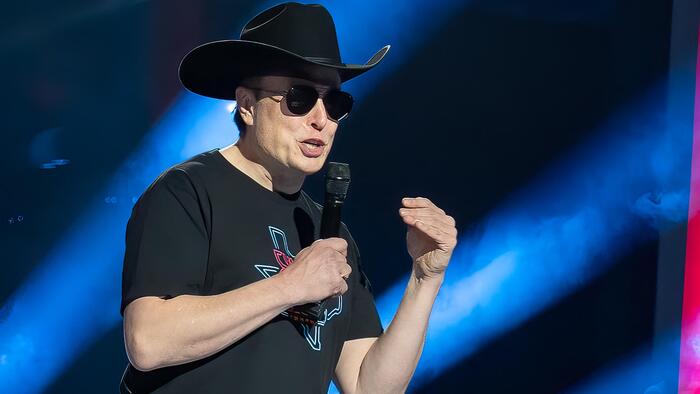On Tuesday, Elon Musk’s SpaceX initiated legal action against a California state agency, the California Coastal Commission (CCC), alleging political discrimination. This lawsuit arises from the CCC’s rejection of SpaceX’s proposal to increase the number of experimental rocket launches from the Vandenberg Space Force Base in Santa Barbara County. According to Politico, SpaceX’s legal team from Venable LLP contends that the decision was driven by the CCC’s political disagreements with Musk, who is known for supporting former President Donald Trump and for his vocal criticisms of California Governor Gavin Newsom.
The lawsuit, filed in a California federal court, claims that the CCC, alongside its 12 members, engaged in “naked political discrimination” during discussions concerning a Department of Defense (DOD) proposal to raise the number of launches from 36 to 50. The complaint specifically highlights how the CCC exceeded its authority, ostensibly retaliating against SpaceX due to Musk’s political affiliations. Notably, all 12 CCC members, including executive director Kate Huckelbridge and alternate commissioner Gretchen Newsom, are named as defendants in the lawsuit.
The commission, appointed by the governor and state legislature, voted 6-4 against the DOD’s proposal, with discussions veering from technical details to criticizing Musk’s political activities. Commissioner Gretchen Newsom, who has no familial relation to Governor Newsom, accused Musk of spreading “political falsehoods” and undermining disaster relief efforts, while Chairwoman Caryl Hart echoed sentiments of political bias influencing the commission’s discussions. Hart rationalized her vote against SpaceX’s proposal by suggesting that it necessitated a coastal development permit, emphasizing that the basis for the decision was more procedural than political.
Musk’s political landscape has shifted, particularly following an assassination attempt against him in July. This event intensified his support for Trump, leading to the formation of a political action committee, America Pac, that has reportedly funneled $45 million monthly to bolster Trump’s campaign since that time. This proactive alignment with Trump and his advocacy for free speech were further evident when Musk publicly appeared alongside Trump, where he motivated supporters to vote in upcoming elections, underscoring the political undercurrents swirling around his business activities.
The circumstances surrounding the CCC’s rejection of SpaceX’s plans raises concerns about government agencies potentially using their authority to suppress private companies based on the political views of their leaders. The lawsuit underscores broader issues related to government overreach and alleged discrimination in making administrative decisions. Critics of the CCC’s action argue that such conduct risks setting a troubling precedent that could deter other companies from pursuing business collaborations, particularly those whose leaders may hold opposing political views to current government officials.
As the case unfolds, it highlights the tension at the intersection of business, government policy, and political expression. Musk’s high-profile status and his significant political contributions fuel public interest in this legal battle. The outcome of this litigation may have implications not only for SpaceX and its operational capabilities but also for how political beliefs influence governmental decision-making in business contexts across the United States. The unfolding legal drama showcases the broader implications of political affiliations and regulatory processes, drawing attention to the balance between corporate growth ambitions and the influence of governmental oversight in a politically charged environment.

